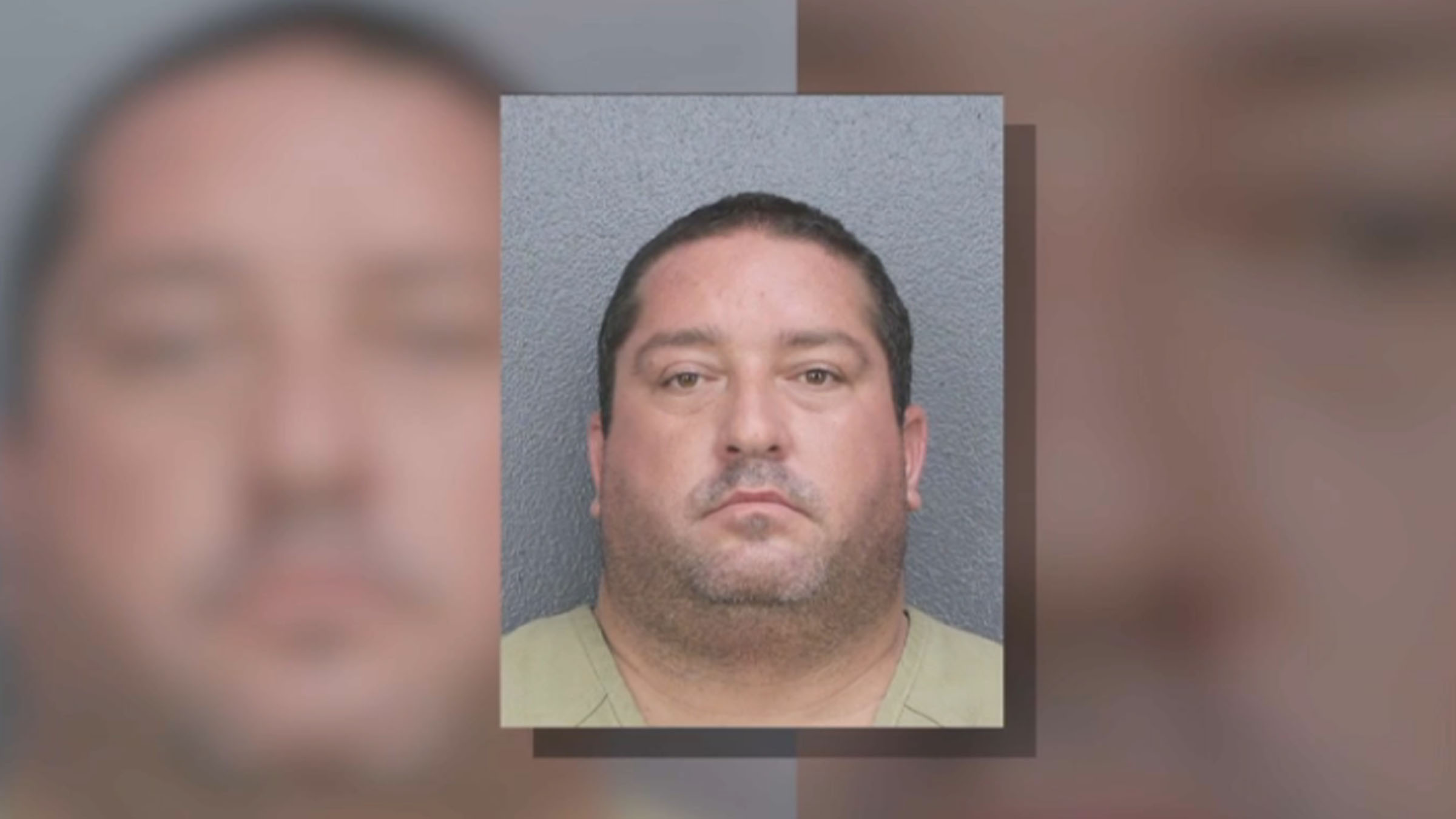The murder of George Floyd under the knee of police one year ago produced calls for reform to state laws that govern how officers train and interact with the public. In Florida, a watered-down version of police reform passed both houses and the governor has yet to decide whether to let it become law. Even if it does, NBC 6 Investigator Tony Pipitone found it won’t change much here in South Florida.
The murder of George Floyd under the knee of police one year ago produced calls for reform to state laws that govern how officers train and interact with the public.
In Florida, a watered-down version of police reform passed both houses and the governor has yet to decide whether to let it become law.
Watch NBC6 free wherever you are
But, even if it does, local law enforcement officers say it won’t change much in South Florida.
State Rep. Dotie Joseph (D-North Miami) said she and fellow Democrats had to give a little to get Republicans to support a statewide police reform bill.
Get local news you need to know to start your day with NBC 6's News Headlines newsletter.
"I think we were able to accomplish a certain modicum of bipartisanship with lots of folks that wanted to see some real reform come through and we were able to achieve that," she said.
Among the biggest changes: children under 7 can no longer be arrested in most cases, and chokeholds will be against policy unless needed to address an immediate threat.
Chokeholds are defined as "the intentional and prolonged application of force to the throat, windpipe, or airway of another person that prevents the intake of air."
Investigations
NBC 6 Investigates gets results
After the world watched as officers stood by while Floyd’s life was snuffed out by pressure on his neck, cries for police reform were hard across the country.
In Florida, Joseph pushed for clear statewide policies.
"Some of my bills that were incorporated included a duty to intervene, which is a big deal," Joseph said, meaning officers will be trained to stop colleagues from using excessive force. Also, she added "a duty to render medical aid, and how we track data for excessive force. So those are things that directly speak to some of what we saw out of the George Floyd incident."
But South Florida law enforcers, gathered Wednesday in North Miami for a community relations board committee meeting, said the bill (assuming Gov. Ron DeSantis lets it become law) won’t change much here.
It's so weak, the CRB's director doesn't count Florida among the more than 30 states that have passed police reform.
Asked why, Shirley Plantin said, "Because a lot of this, we were already doing in Florida, right? It was really looking at what do we do and how do we do it better."
The de-escalation training, for example, has been going on in Miami-Dade for years, said Chief George Perez. "For us, de-escalation didn’t occur as a result of George Floyd. De-escalation occurred over a number of years ago through private-public partnerships."
North Miami Beach deputy chief Ervens Ford added, "Our policies. These local agencies are more stringent than what the state requires, so I'm not concerned with reform. I consider myself one of the reformers."
But, considering the hurdles police reform faced in the GOP-dominated legislature, state Rep. Joseph said it’s a good first step.
"The bill accomplished a lot," she stressed. "Now is it everything we wanted? No. Is there a lot more that could’ve gone into that? Absolutely. But considering where we were and where we landed, I would say it’s a pretty good piece of legislation."



